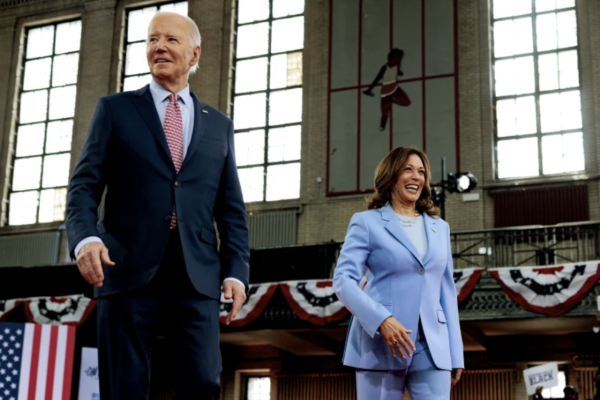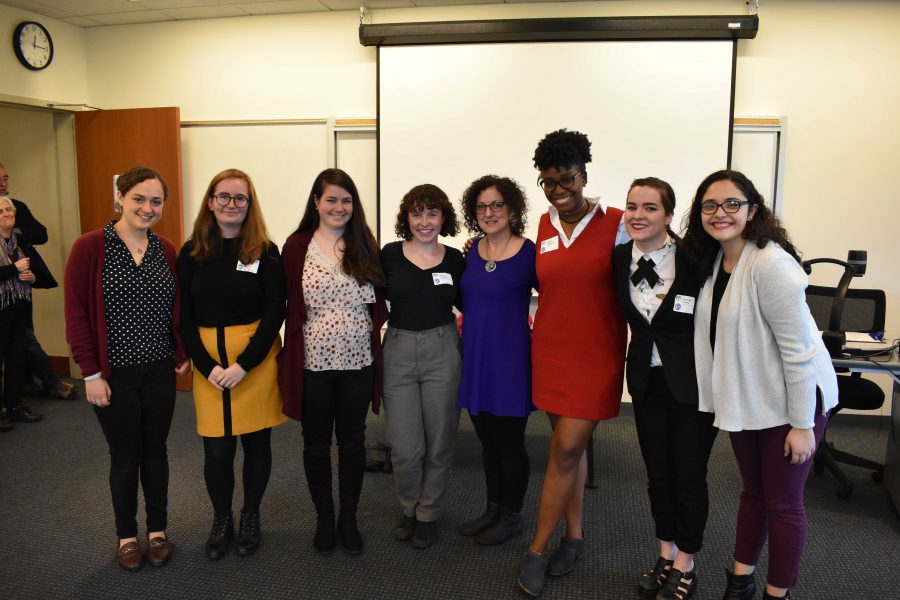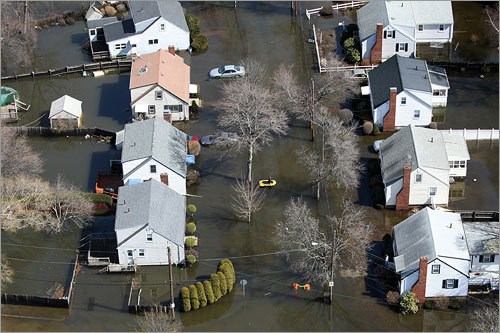By Amanda Bibbins
Staff Writer
Syria has been the focus of international attention for months now, but among its list of political and military woes is President Bashar al-Assad regime’s new campaigns against rebel fighters.
The Syrian government is leading ground and air strikes against more than ten opposition fronts. These rebel groups do not include the threat presented by ISIS. With a coalition of countries including the U.S. now working to fight the Islamic State, the Assad government has turned its attention back to the rebel fighters that have presented a threat to the security of the regime for over 3 years.
This has caused confusion and concern as the United States aids the Syrian government in leading attacks against the Islamic State, where previously Assad was widely believed to be a war criminal. Some claim that the intervention to combat ISIS fighters has given the Assad regime more leniency in their approach to dealing with the rebel fighters.“Whereas previously the Syrian regime had some interest or some level of obligation to take direct action against ISIS, to the extent that the American military is now doing this, the Syrians don’t have to do it,” Christopher Harmer, senior naval analyst at the Washington-based Institute for the Study of War told the Associated Press last week.
Syria has been engaged in a Civil War since early 2011, when, in an attempt to unseat monarchies and dictators, several countries in the Middle East and Africa rose up and ousted heads of state from power. Syria was among these countries, and so far has remained unsuccessful against the Assad regime. Bashar al-Assad has been the President of Syria since 2000, preceded by his father, Hafez al-Assad, President of Syria since 1970. Assad’s regime received a lot of criticism from the international community in August 2012 for using chemical weapons against its citizens. Although this was not the first alleged use of chemical weapons, it was widespread and resulted in over 1000 civilian deaths.
After much pressure from allies and enemies, Syria acceded to the Chemical Weapons Convention, where the international community could monitor the chemical weapons stockpiles possessed by Syria. The Organisation for the Prohibition of Chemical Weapons was promptly scheduled to disassemble and destroy the Syrian stockpiles from October 2013 through the first half of 2014.
With the increasing violence in the region, the international community and Syrian citizens are concerned about the level of violence they might encounter with the Assad regime.


















Amanda Bibbins • Oct 30, 2014 at 9:32 am
Reblogged this on Mum's the Word and commented:
Also from this week, at The Voice